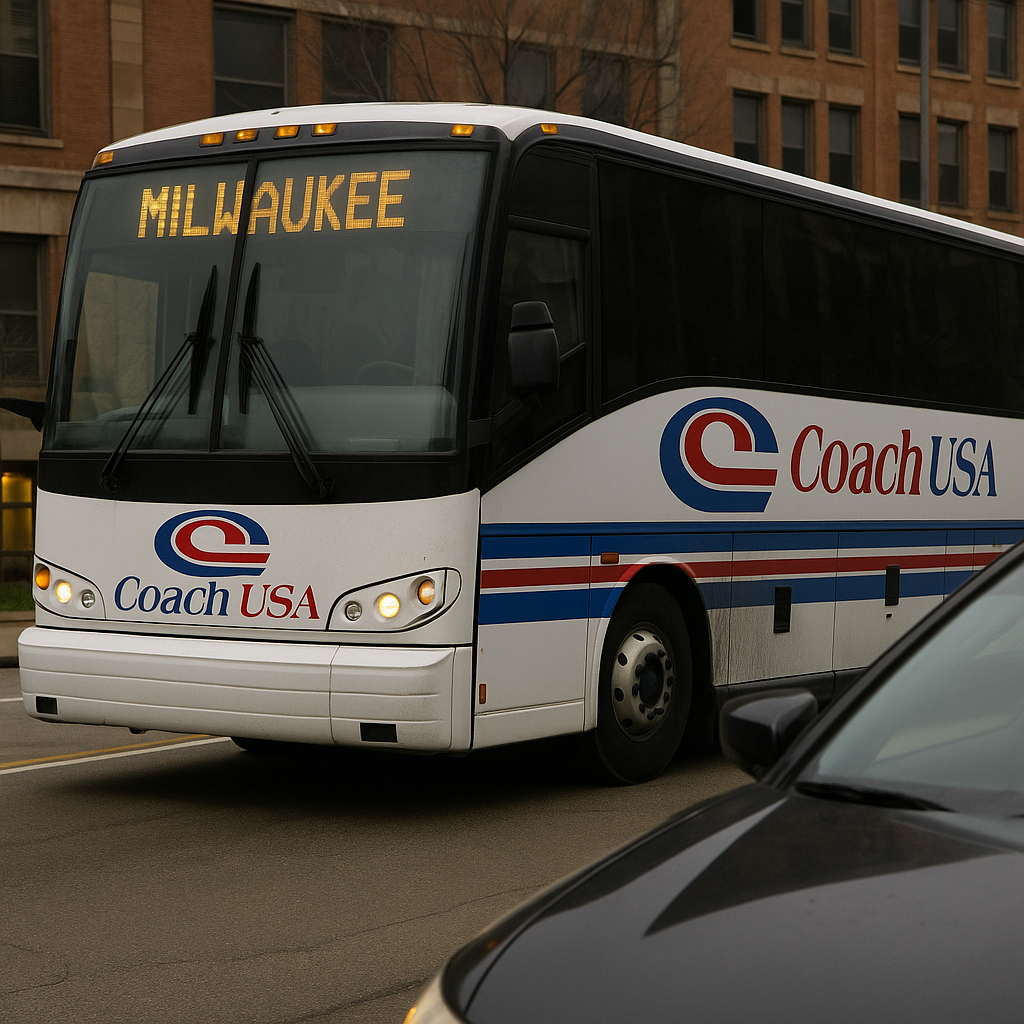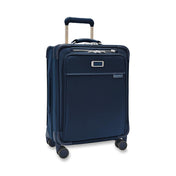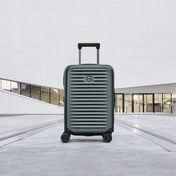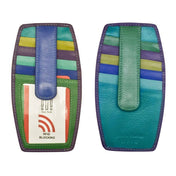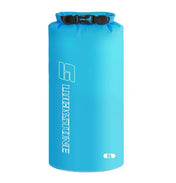Dateline: September 5th, 2025
Navigating Travel Woes Between Milwaukee and Chicago
Traveling between Milwaukee and Chicago offers charm, convenience, and plenty of options—but regional transit challenges have made planning a bit more complex lately. Here are the most common concerns and savvy strategies to keep your trip running smoothly:
1. Hiawatha (Amtrak) Interruptions
Problem: Temporary service gaps between Milwaukee and Chicago due to outdated rolling stock.
How to Respond:
-
Check real-time service alerts on Amtrak before heading to the station.
-
Keep your eye on official notifications for updates on replacement buses or resumed service.
How to Resolve: -
Consider alternative transit: rideshares, carpooling, or even VIA bus services when available.
-
For regular commuters, explore options like flexible work arrangements to manage schedule shifts during disruptions.
2. Chicago “L” Reliability & Renovations
Problem: Ongoing construction, slow zones, and aging infrastructure cause delays and general frustration.
How to Respond:
-
Use transit apps (like CTA’s official app or Citymapper) to view current alerts and station closures.
-
Allocate extra time in your itinerary during peak hours or known construction phases.
How to Resolve: -
When construction hits your route, consider buses or nearby lines as backups.
-
If you are a frequent user, explore monthly pass options and report issues through CTA’s feedback channels.
3. Coach USA Shifting Standards
Problem: Unpredictable driver availability and last-minute route cancellations, especially for late-night runs to O’Hare.
How to Respond:
-
Confirm coach schedules closer to departure—best practice is to double-check the day before your trip.
-
Keep fallback transport options ready, such as ride-hail services or airport shuttles.
How to Resolve: -
Build buffer time into travel plans to account for cancellation risks.
-
For repeat travelers, consider more reliable, though potentially more expensive, operator alternatives.
Tips for a Smooth Midwest Trip:
| Travel Tip | Why It Helps |
|---|---|
| Use real-time alerts | Stay ahead of service disruptions and plan detours if needed. |
| Allow buffer time | Unexpected delays—whether due to maintenance or cancellations—won’t derail your trip. |
| Keep alternatives in mind | Rideshares, buses, and flexible transit options are great backups. |
| Stay engaged | Reporting issues and using official channels can improve transit over time. |
| Plan smart around events | Avoid locked roads or rerouted transit during big events—check local alerts in advance. |
Conclusion:
Whether you're on the train, bus, or rail, staying informed and flexible is your best strategy. A mix of real-time updates, alternative plans, and relaxed scheduling ensures you'll handle Milwaukee–Chicago travel with grace and confidence.

